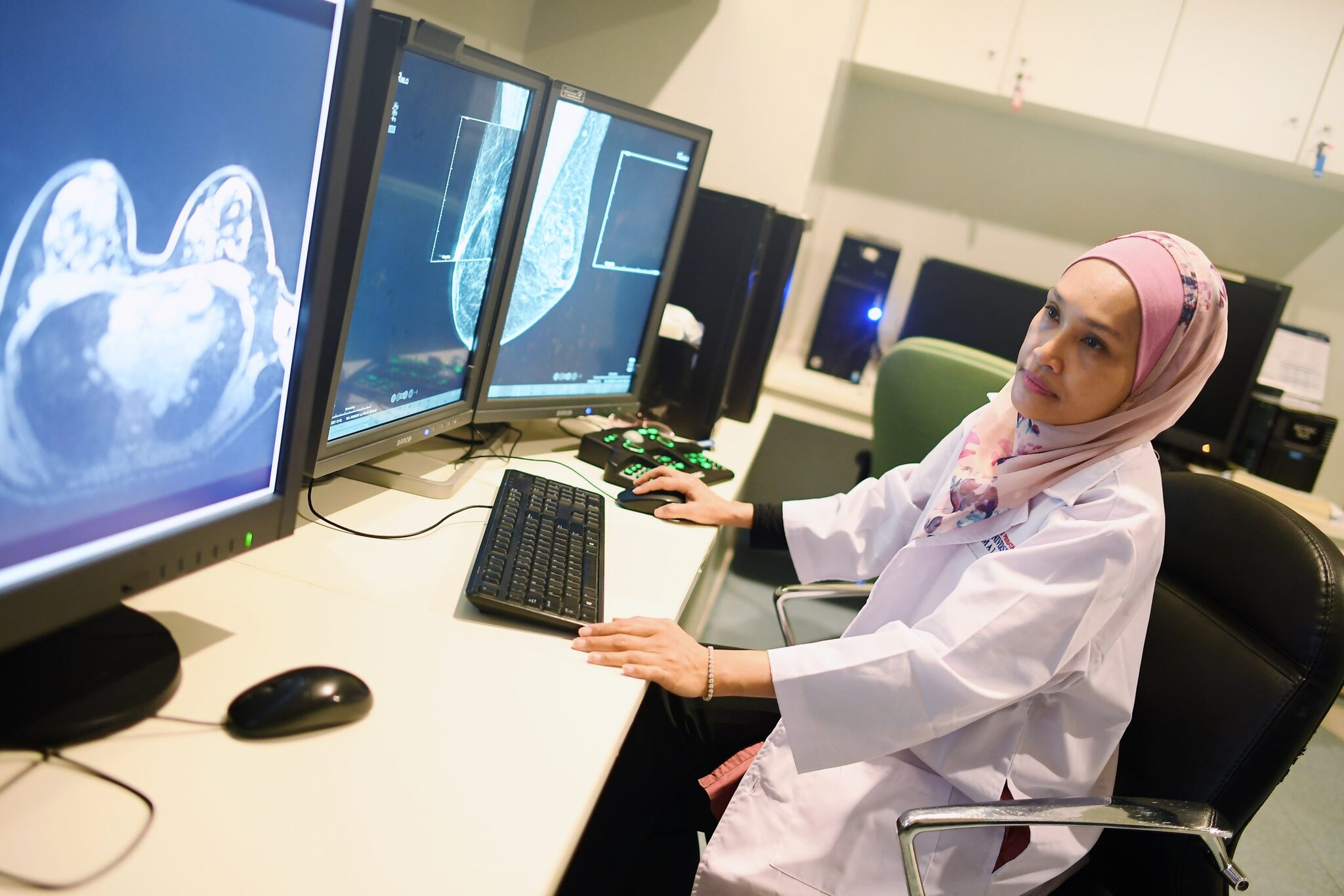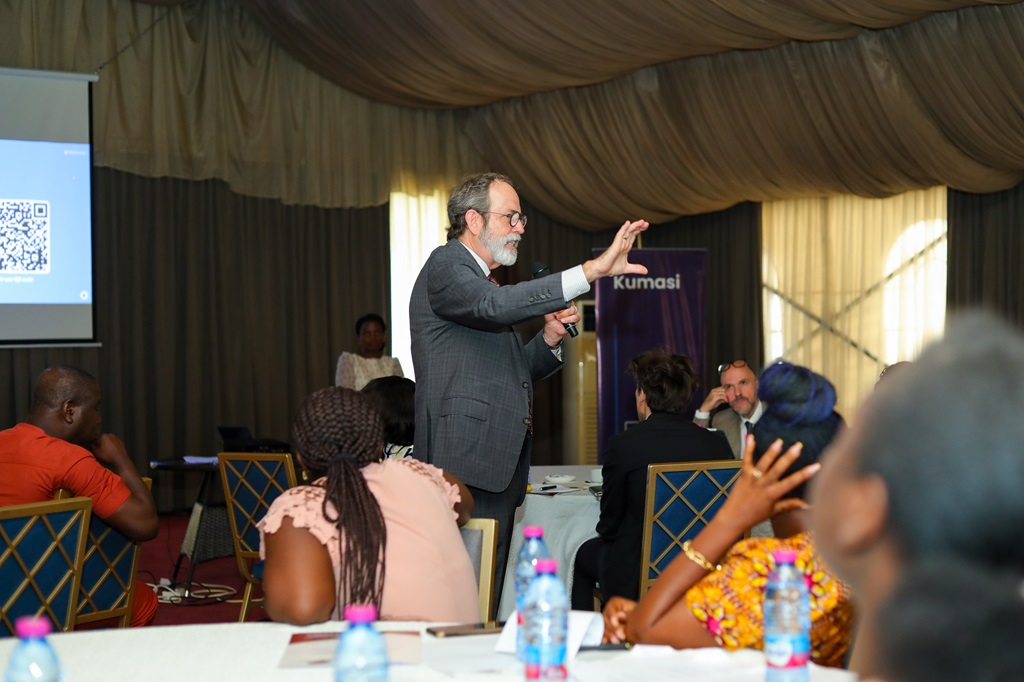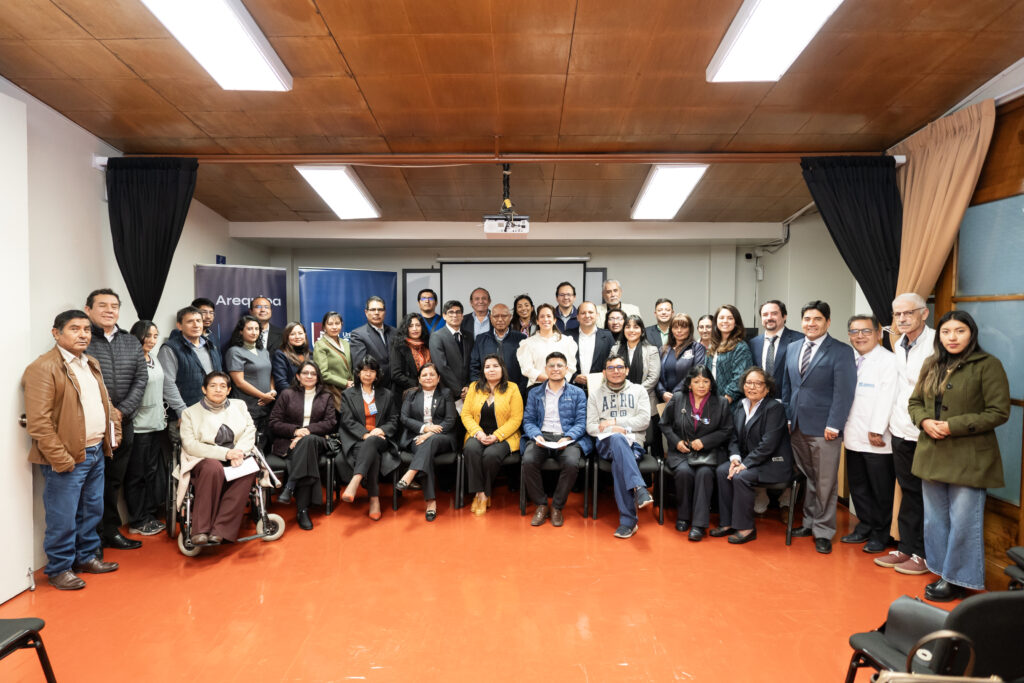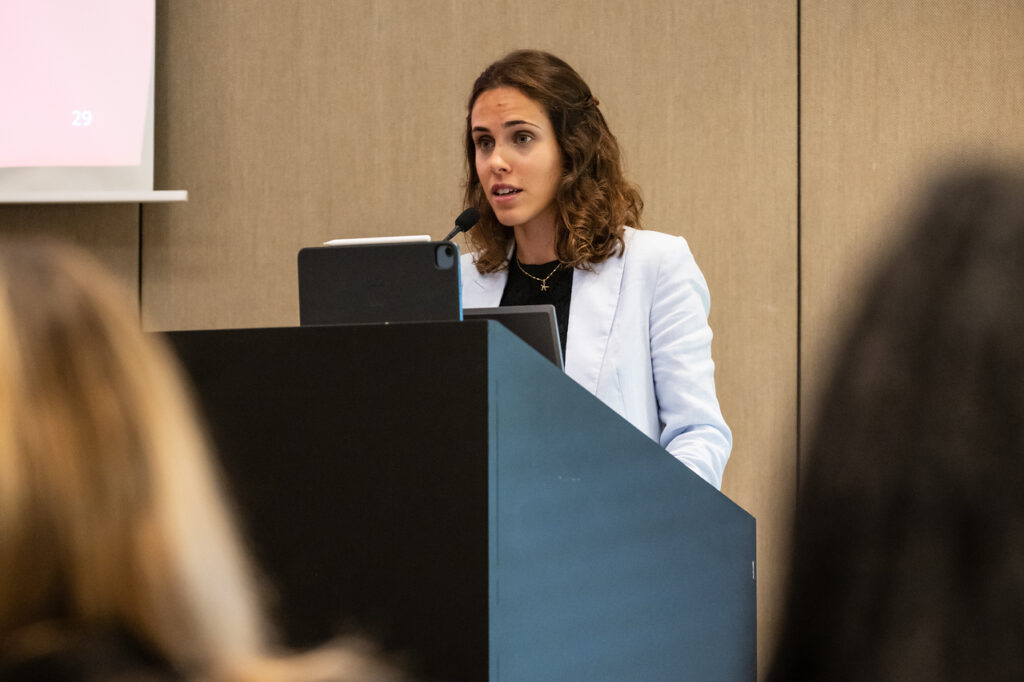
C/Can cities highlight the importance of local and global collaboration towards timely diagnosis, treatment, and care of breast cancer patients.
Breast Cancer Awareness Month comes to an end on 31 October. Every year, this initiative marks a global campaign dedicated to educating and raising awareness about the impact of breast cancer. It also leaves us with a deeper understanding of the global burden that breast cancer poses and the urgent need to accelerate progress in breast cancer care.
This need is even more urgent in low- and middle-income countries (LMICs), where breast cancer is either the leading or the second most common cause of cancer deaths (ref). Evidence suggests that early detection of breast cancer can significantly increase the likelihood of breast cancer survival, emphasizing the urgent need to address key gaps for timely cancer diagnosis and treatment in LMICs.
Isabel Mestres, newly appointed CEO of City Cancer Challenge (C/Can), explains how the organization has experienced this reality in its global network of cities:
“We’ve seen that breast cancer is usually the most common cancer affecting the cities where we work. Presentation at late stages, lack of standardized care adapted to the resource availability and a multidisciplinary approach are only a few of the issues that contribute to this burden.”
When cities join the C/Can initiative, they undergo a city-wide Needs Assessment, a foundational step in the C/Can process. This city-led approach is based on a comprehensive questionnaire that identifies the key gaps and challenges that need to be addressed to improve access to quality cancer care.
Dr Thet Ko Aung, C/Can Technical Cooperation Senior Manager, says recurring trends and needs have been identified in C/Can cities.
“The Needs Assessment helps identify key capacities, major needs and the priority actions to address local gaps in cancer care. This process has revealed a consistent lack of a multidisciplinary approach and standardization of care for the most common and curable cancers, which are usually breast and cervical.”
Towards a multidisciplinary approach and standardization of breast cancer care in C/Can cities
The C/Can “Quality of Cancer Care” project has been developed in all cities to address the need for standardized care for common cancers. Many C/Can cities have now achieved important milestones in addressing key gaps in breast cancer care.
In early 2020, C/Can’s project in Greater Petaling to improve access to quality cancer care for women with breast cancer was awarded the inaugural Saving Women’s Lives from Cancer prize funded by the Islamic Development Bank (IsDB) and the International Atomic Energy Agency (IAEA). The isDB-IAEA partnership supports efforts to improve cancer control and treatment, as well as tackling the issue of women’s cancers. Since then, C/Can has supported local stakeholders in Malaysia with capacity-building activities, for example, this year’s Multidisciplinary Cancer Management Course (MCMC) held in Greater Petaling .
Dr Rolando Camacho, C/Can’s Global Technical Lead explains:
“The project includes on-going training for the local healthcare workforce, ensuring its sustainability beyond C/Can’s direct involvement. Among the capacity-building activities is the Multidisciplinary Cancer Management Course (MCMC), a three-day international training programme developed by the American Society of Clinical Oncology (ASCO) adapted to the city situation.”
The MCMC is thus a core activity of the “Quality of Cancer Care” project that aims to introduce and disseminate a multidisciplinary and evidence-based clinical decision-making approach for the most common and curable cancers. Held already in three C/Can cities this year – Kumasi, Greater Petaling and Porto Alegre – the course has focused on multidisciplinary teams for cancer care and guidelines for breast cancer in all three cities.
The city of Kigali, Rwanda, has also achieved important milestones towards multidisciplinary care for breast and cervical cancers. C/Can has supported local experts there to set up a Patient Navigation Programme in conjunction with the Rwanda Biomedical Centre (RBC) for breast and cervical cancers via an open, secure and inclusive digital platform (link).
Additional city achievements for the “Quality of Cancer Care” Project include:
- Standardised guidelines for the management of breast cancer in Kumasi
- Regulation for the implementation of multidisciplinary teams for the management of patients with breast and cervical cancers in Asuncion, Paraguay
- Guidelines for the Diagnosis and Treatment of Breast Cancer in Asuncion, Paraguay
- Guidelines for the treatment of breast cancer by a multidisciplinary group in Cali, Colombia
Teaming up to improve breast cancer diagnosis, treatment and care in Asuncion
Asuncion, Paraguay, is a good example of how both local and global commitment and collaboration underpin effective efforts towards achieving quality care for breast cancer patients. When Asuncion joined the C/Can initiative in 2017, the city-led Needs Assessment highlighted the challenges of a highly fragmented local health system, resulting in a lack of inter-institutional coordination, standardised treatment and inequitable access to cancer care.
The need to standardise treatment and ensure comprehensive cancer care brought together multidisciplinary and cross-institutional professionals who worked together to review the existing legal framework and to establish resource-appropriate guidelines for the management of breast cancer patients. In response, a multidisciplinary team made up of health professionals from the areas of mastology, radiation and medical oncology, medical imaging, pathology, nurses and professionals in palliative medicine care, developed the “Guidelines for Diagnosis and Treatment of Breast Cancer”.
Dr María F. Navarro, C/Can’s Regional Director for Latin America, highlights the importance of inter-institutional coordination.
“Research shows that a multidisciplinary approach to managing breast cancer significantly increases patients’ survival and quality of life. Breast cancer patients benefit when diagnostic and care decisions are agreed upon by all the specialists involved in the treatment process.” She adds: “The guidelines are a milestone, both for Asuncion and Paraguay, because they respond to a need identified locally and that has now been extended nationally.”
More recently, a joint initiative between international humanitarian charity Direct Relief, Amgen and C/Can was established with the aim of improving breast cancer diagnostics and treatment in Paraguay. This multi-year initiative has been set out to help the country achieve sustainable improvement in the provision of cancer services through the delivery of Amgen-donated medications to specialised cancer treatment centres in Asuncion and engagement of local stakeholders to strengthen Paraguay’s cancer care infrastructure and healthcare workforce.



